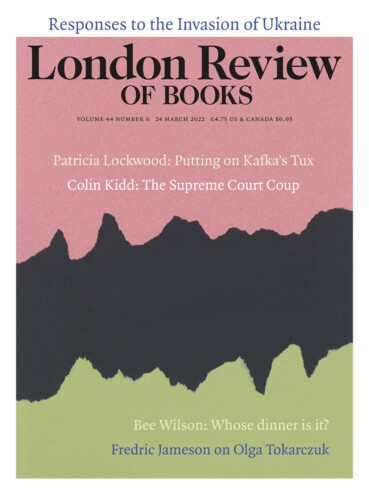There’s the irony intended and the irony added like
icing on top: fill the air with
sweetness, scented-soap-on-a-
plinth, while the rains come down and be gone
within a twelvemonth. As
the sculptor proposed. But the rains
were slow to come that year
and the public less fickle than planned and so
this butcher-on-horseback, copy of a copy, stood
for forty-eight months
in eloquent tribute, limb
by limb, to the powers of necrosis. When I saw
him first I was baffled by the strutwork,
the sticking-out, simplified
bones of steel that should
have been covered by flesh. Prosthetics-made-
political? I was only half mistaken.
The prince (he was of course
a prince) had been the hero
of Culloden, thus Sweet William to his fellow
defenders-of-England. Hence
the statue. Hence,
as will happen from time to time
when we finally look at aftermath, the hundred
years of empty plinth. The hundred and more. I
simplified. So much
for the link between memory
and shame. But this talking-to-the-past knowing
better, which (we’ve read the statistics we’ve
some of us walked the battlefields)
we have to imagine we do, at least
the knowing part, is quite another thing than knowing-
better-in-time. First roundshot, then grapeshot, then
hand-to-hand on marshy
ground where, as they had been
trained to do, the English in formation thrust their
bayonets not forward but into the enemy on the
right. And then
the butchery in the highlands.
I have a hunch, despite
what they tell me on Wiki, that the tactic at Culloden
wasn’t new at all. Some
Scythian surely or Roman-in-
Gaul had thought of that angle before? Whereas
I tend to trust the news release: the scented
soap provided etc by
Scented Soaps etc which you
can purchase at your local shop. The arts and the
ever-in-need-of-augmentation art of patching up
public subsidy.
The lead-and-gilt original
was paid for by a single admiring donor while
the donor’s troops (he too was a leader of men)
were shipped to Ireland in rags.
Provisions, it seems, had gone
astray. As will attention. For every harm
I manage to hold in mind I let a hundred slip.
Send Letters To:
The Editor
London Review of Books,
28 Little Russell Street
London, WC1A 2HN
letters@lrb.co.uk
Please include name, address, and a telephone number.

